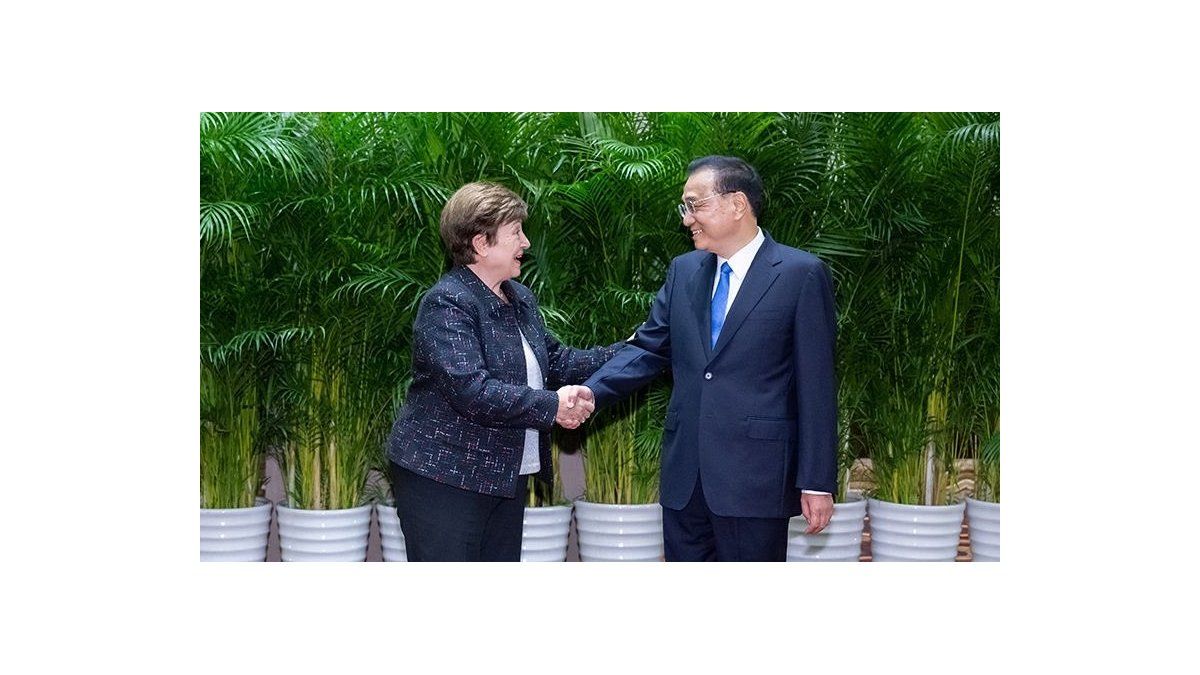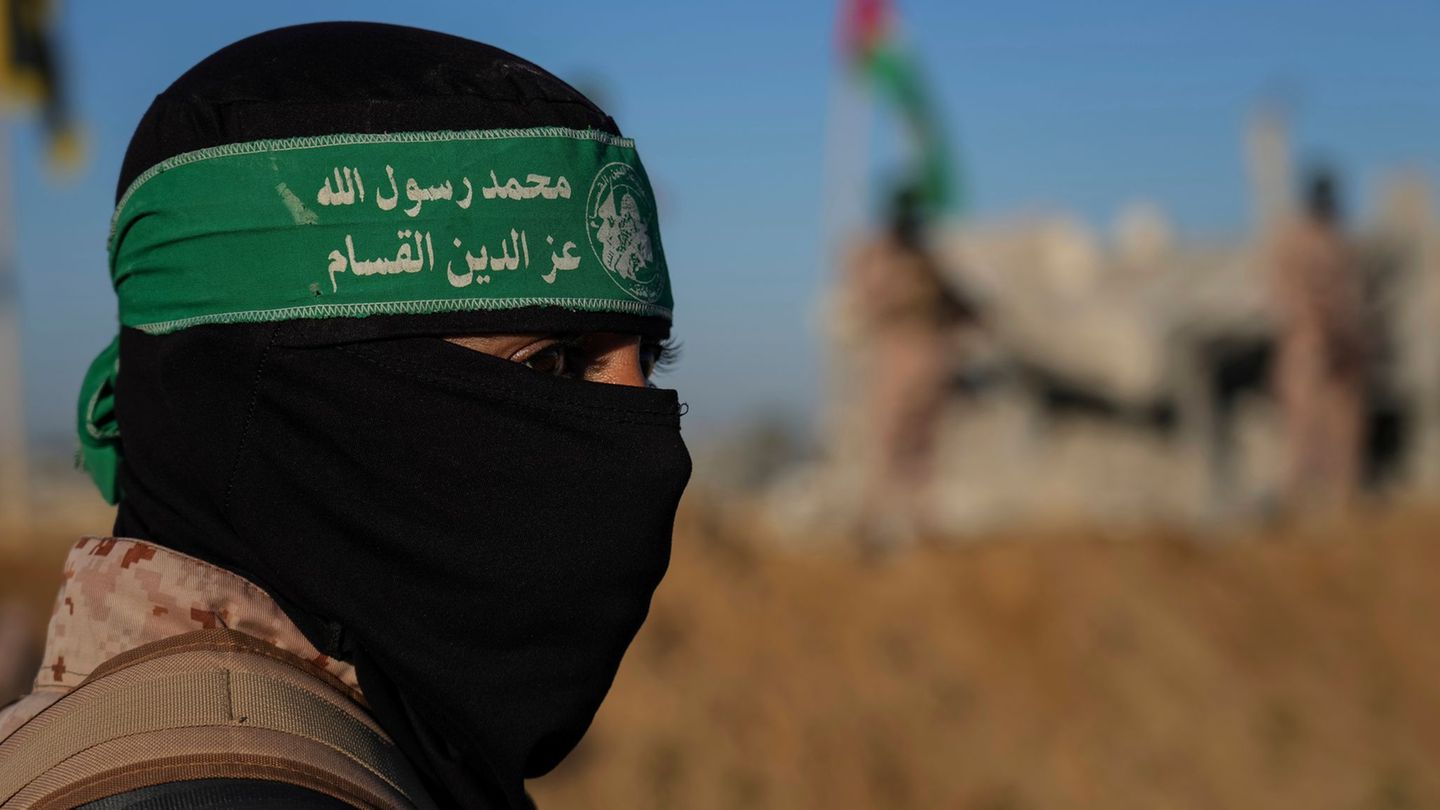The managing director of the International Monetary Fund, Kristalina Georgievawarned authorities on Thursday about the danger of a new cold warwhile redoubling their efforts to secure their industrial supply chains between geopolitical tensions among the great powers.
“The question is: can we be more determined to improve security of supply but without pushing the world so far that we find ourselves in a second Cold War?” Georgieva told a news conference on the sidelines of the spring meetings of the IMF and the World Bank in Washington. “I think it’s possible.”
Georgieva, who grew up in Bulgaria during the Soviet era, said she lived through the Cold War and its impact on isolating talented people from the world economy, and she did not want that to happen again.
On Wednesday, the financial leaders of the Group of Seven (G7) promised to give the low- and middle-income countries a greater role in diversifying supply chains to make them more resistant and sustainable.
China is not mentioned by name in its statement, but the allusion to the supply chain fits with the efforts of “friendly relocation” defended by US Treasury Secretary Janet Yellenand other western leaders for ctrade more with allies and rely less on Asian manufacturing powerhouse for battery minerals, semiconductors and other strategic assets.
The IMF warned this month that rising geopolitical tensions and the consequent fragmentation of the world economy could increase risks to financial stabilitypotentially reducing global economic output by between 0.2% and 7%.
Georgieva said that the authorities would have to accept that the development of new, more separated supply chains would incur some costbut they could keep those amounts low if they continued collaborating through institutions like the IMF.
“The security of supplies and the reliable functioning of global supply chains are taking a new higher place in economic debates“, he said, citing the impact of both the COVID pandemic and the war in Ukraine. But he warned against exaggerating and damaging global trade flows.
“If we can’t be more rational, people all over the world would be worse off. The middle class of each country would pay a price,” Georgieva said. “So a little more coolness would take us a long way.”
A new IMF working paper shows that this rise in economic tensions over the fragmentation of the world economy into geopolitical blocs, with US-led democracies on one side and China and others, could lead to cross-border capital outflowsincluding direct investment, from countries with especially high risks for developing and emerging market economies.
The IMF expects China to rebound strongly in 2023, given its post-COVID openness, and this year it will account for about a third of global growth, it said. georgieva.
The President of the World Bank, David Malpass, He said the strong growth forecasts for China also reflect the Asian nation’s “explicit efforts” to rebuild supply chains and open up faster.
Source: Ambito




